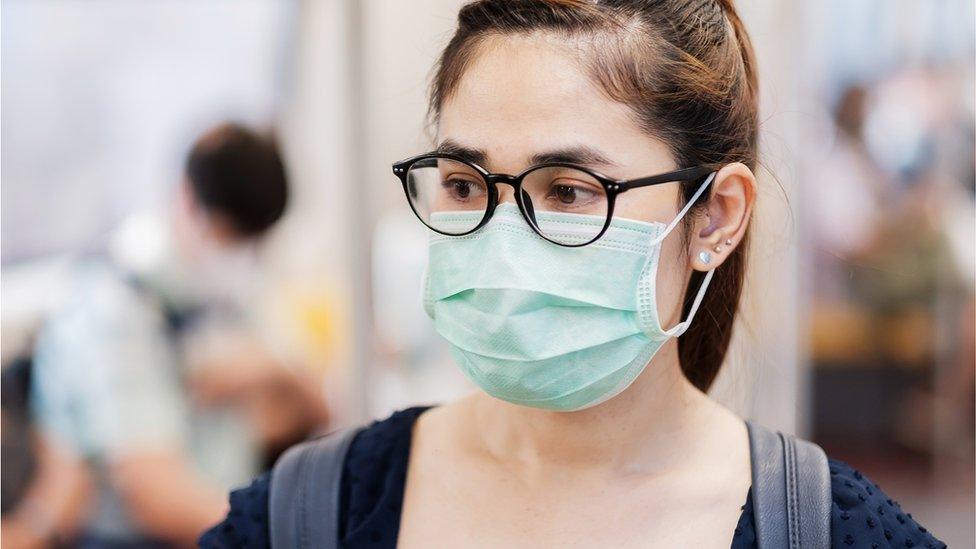New Covid-19 measures introduced in Guernsey over variant
- Published
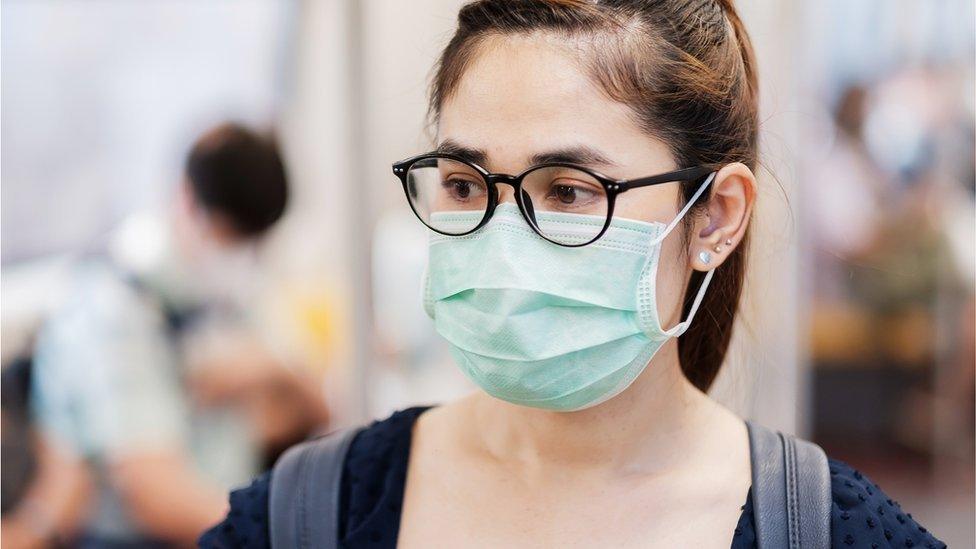
Over the weekend 262 new cases of Covid-19 were identified, with the total known active cases in the Bailiwick ay 782
The States of Guernsey has announced new requirements in response to the Omicron Covid variant.
From Tuesday, face coverings will be mandatory in shops, public transport, secondary school communal areas and for staff in primary school communal areas.
The States said vaccinated arrivals who had been to a non-Common Travel Area country in the 10 days before would need to complete a PCR test on arrival.
They would then need to isolate until they received a negative result.
Guernsey has no recorded cases of the Omicron variant.
Over the weekend, people who travelled to red list countries in the last 10 days were phoned and asked to attend PCR testing and any positive results were immediately sequenced to determine the variant, and all were found to be of Delta lineage, the States of Guernsey said.
'Recognise uncertainty'
Alongside the new requirement for travel, the Civil Contingencies Authority (CCA) has also agreed to make the use of face coverings mandatory on public transport and in shops.
The CCA has said it is not extending the mandatory use of face coverings to businesses where it would prevent the business from operating.
But it is still strongly recommended to wear a face covering in any setting where there are crowds, it is hard to physically distance or there is poor ventilation.
Deputy Peter Ferbrache, chairman of the CCA, said: "We need to recognise the uncertainty that the Omicron variant brings and the measures that we are introducing are precautionary and reflect the uncertainty of the current situation.
"It may be a greater risk than the Delta or other variants, and it may not, and so we are quickly stepping both our border and local rules as a precaution.
"But we're not seeking to overreact, either and we want people to continue to be able to live, work, attend school and enjoy the festive period with as little unnecessary disruption as possible, mindful that we do have a highly-vaccinated community and this is not a repeat of what we faced when the very first cases of Covid-19 were emerging around the world."
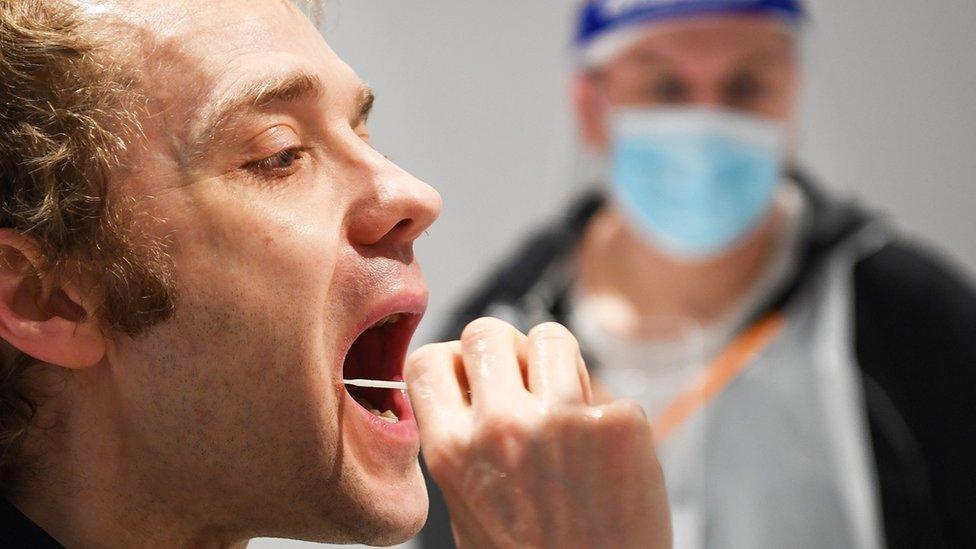
All arrivals to Guernsey from the Common Travel Area will need to purchase a pack of Lateral Flow Tests on arrival to the Bailiwick
All arrivals who have only been to the Common Travel Area (CTA) will be legally required to purchase a pack of Lateral Flow Tests on arrival and complete the course of tests over the following 10 days.
Travel requirements for arrivals from outside the CTA who are not fully vaccinated will not change.
Travellers still need to complete a PCR test on their day of arrival and on day eight and isolate until they receive a negative result on that test.
The requirements for those arriving from red list countries are also unchanged.
Before the new requirements come into effect on Wednesday, passengers on services from outside the CTA such as ferries or flights coming directly from the continent are being requested to take PCR tests on arrival as an additional precaution.
Further changes will also be made to the isolation requirements for individuals who are a close contact of a confirmed or suspected case of the Covid-19 Omicron variant.
These people will be legally required to self-isolate for 10 days, regardless of their age or vaccination status.
If the case turns out not to be the Omicron variant after sequencing then the contact can then be released to follow the existing requirements for contacts, which for fully vaccinated people means completing 10 days of lateral flow tests and avoiding certain higher-risk health and care settings.

Follow BBC Guernsey on Twitter, external and Facebook, external. Send your story ideas to channel.islands@bbc.co.uk, external.
Related topics
- Published26 November 2021
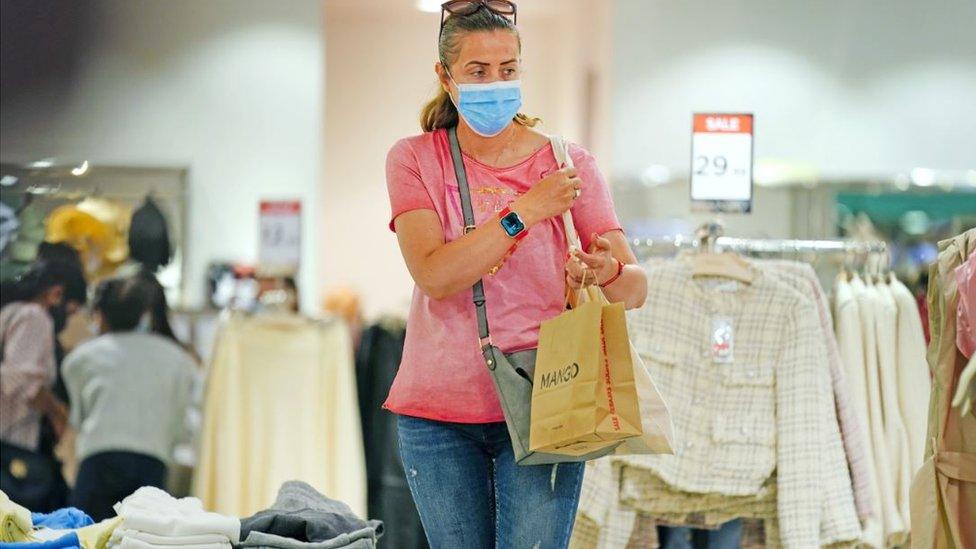
- Published16 November 2021

- Published12 November 2021
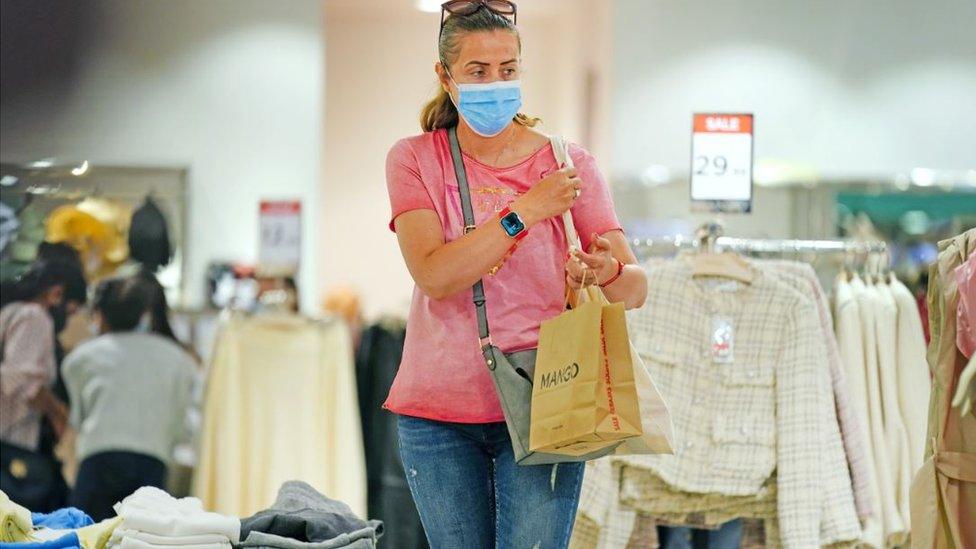
- Published13 November 2021
